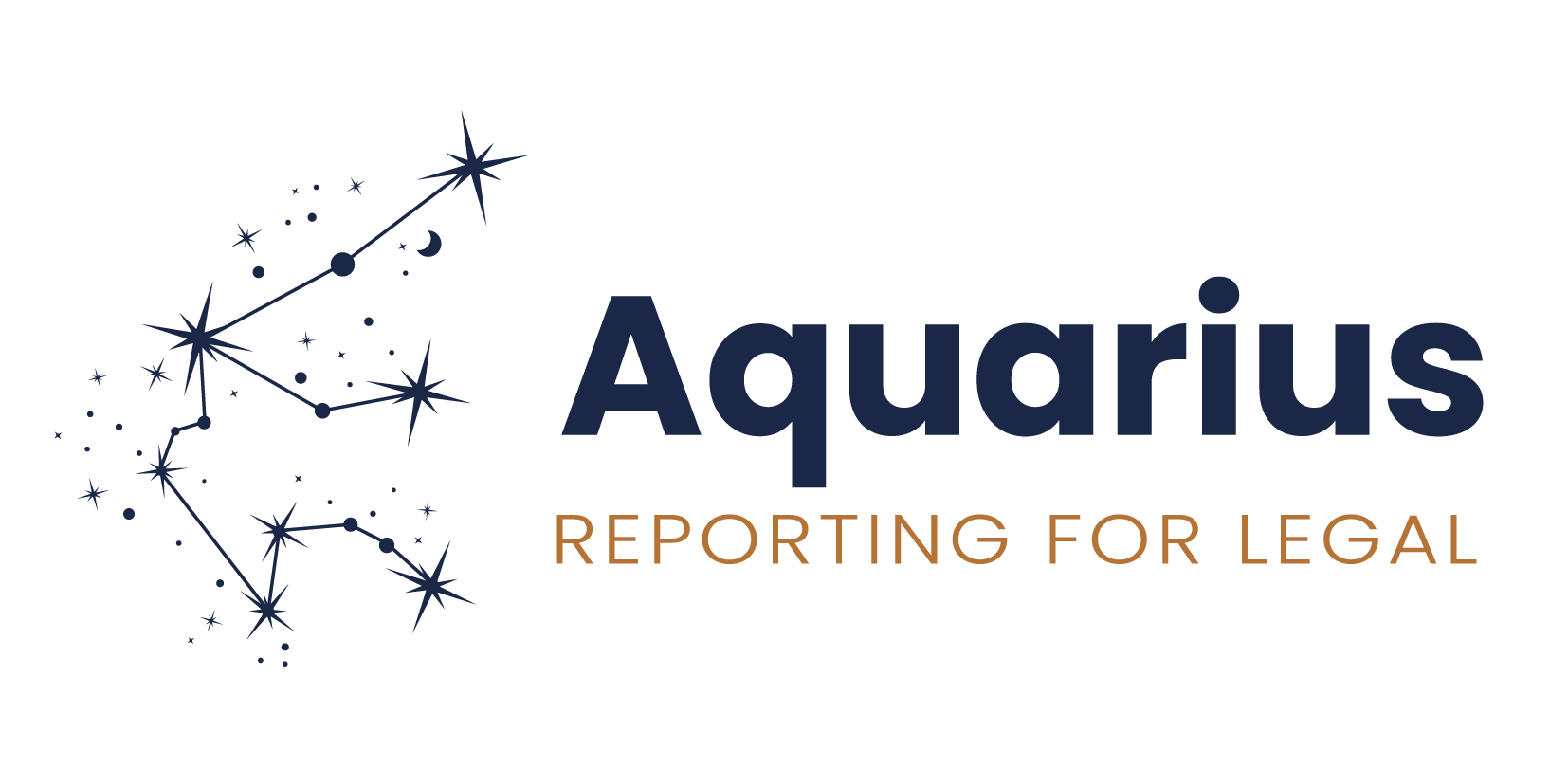
Osprey Approach and InfoTrack’s Marketing Managers, Amy Bruce, and Bronwyn Townsend, discuss the process and behavioural changes that were forced upon conveyancing firms during the last 18 months and share their views on if – and how – they should be embedded into everyday practices.
The last 18 months has presented unimaginable challenges for conveyancers. A national lockdown, coupled with the SDLT holiday, has meant conveyancing departments have seen unprecedented demand, whilst also adapting to working from home and the restrictions put in place during national lockdowns.
HMRC figures show that UK residential transactions in March 2021 were up 102% on March the previous year. Furthermore, the 2020 to 2021 financial year saw the highest number of transactions for a financial year during the last decade, resulting in many conveyancers working around the clock to complete transactions before the SDLT holiday ended.
Against this background, whilst some firms have struggled to survive, others have thrived and it’s important to reflect on the lessons learnt to prepare the property market for success in the future.
What have we learnt?
It’s inevitable that the impact of COVID will have affected the way consumers will view buying a home and their expectations of the processes. Businesses nationwide are being tasked with reviewing processes to better serve customers in a digital world and attract and retain talent, as employees look for a more flexible and hybrid approach to their career.
Conveyancers have faced enormous challenges and pressure during the last 18 months, but the period has bought with it some silver linings that will help shape and progress the property market for the future. Changes that will help reduce the time, stress, and effort for consumers to buy and sell houses. And changes that will affect conveyancers; helping them provide a more efficient client-centred service without legacy wasteful processes that effect job satisfaction and profitability.
- Lean processes help with adaptability
Being an adaptable business simply means you can easily adjust to new conditions, and we all faced those during 2020. Being required to work from home and collaborate solely via video call was hard initially, but as things settled it was those firms who adapted quickest (communicated effectively to staff and clients, set up the right tech, created a hybrid-working routine) that were able to pick up where they left off and continue with ‘business as usual.’
The important lesson in adaptability is those who are lean, with effective and efficient core operations, can adapt quicker to ensure business continuity. The future of conveyancing looks digital and in 2021 we’ll see firms take efficiency seriously and begin to remove the wasteful, excessive processes that have accumulated over the years and create a lean and effective operation using automation, cloud practice management and digital client onboarding portals.
It’s important for firms to review what is and isn’t serving them well and remove the resource-heavy processes that prevent them from running a lean and adaptable firm.
- Imperfection aids progression
During the first lockdown most individuals didn’t have a home working routine ready for action. But the nature of the restrictions meant that everyone had to do their best; it was very much the British mindset of ‘keep calm and carry on’ that was seen during early 2020. Little by little, businesses adapted and found ways to continue in the ‘new normal’ – and realised the benefits of the new ways of working.
Ultimately doing something imperfectly is better than not doing anything at all and that can apply to any area of life. So, if it’s uncertainty that’s stopping your firm from taking the first steps of your digital transformation journey to becoming a lean business, simply getting started is always the hardest part – and by beginning with small changes you can start to see real impacts to meeting your firm’s goals.
- Change management is the key challenge for digital transformation
Everyone found themselves in the same uncertain and unpredictable boat when the global pandemic hit. Nobody could have foreseen such a change to our lives, so when the new rules were implemented, and routines were turned upside down, we found ourselves ‘all in it together’ which made navigating the change a little easier to handle. This is a crucial lesson to have learnt when looking to implement new technology solutions that will future proof our firms. It’s important to take everyone on the journey with you to help manage the change across your firm and help staff understand, adapt, and navigate new processes and systems.
- Working longer hours isn’t the answer to managing an increased workload
Burnout for lawyers was already a concern throughout the industry and the seismic increase in workload during 2021 has only heightened the pressures for conveyancers. Whilst the short-term fix was simply to put in the hours to work through the volume, it’s obvious this isn’t a successful long-term tactic to managing increasing workloads. The volume of transactions was so high that some firms were turning away new business because they’d reached capacity. The processes and systems they had in place hadn’t allowed them to successfully scale and meet new demands easily, resulting in missed business opportunities.
On the other hand, firms with an effective digital core thrived during the increase and despite reduced staff members, were able to continue to serve clients. A key take away is to ensure the systems you have in place can serve your firm effectively now but also in the future, so you can continue to grow and adapt to meet future challenges and goals.
- Connection is the key to a future-proofed firm
The importance of connection was emphasised during lockdowns when isolation rules stopped us from physically connecting with our loved ones. Connection became critical in business too when we needed to find new ways to collaborate with colleagues, staff, and clients. But for a future-proofed firm, connection goes far beyond humans. Connected data, processes, systems, and technology is imperative for a truly adaptable firm. Centralising and standardising your data, document storage, case management, phone system, client portals etc will enable firms to run a lean and efficient operation that can remain adaptable and flexible.
For conveyancers to effectively manage their hybrid-working plans and meet client demands, they should focus on connecting and centralising their data, practice and case management software and client onboarding tools to enable seamless collaboration with colleagues and clients no matter their location.
It’s important conveyancers dedicate time to reflect
It’s easy to get caught up in the daily workload and hamster wheel of life but when experiencing an unprecedented event and volume of work it’s more important than ever to take a step back and dedicate time to reflect. Reflect on the successes and challenges you faced as a firm over the last 18 months and ask yourself: what are your goals moving forward and have they changed? Are your current systems and processes aiding your progression towards achieving your goals? How has the new landscape and environment effected your priorities?
The future of conveyancing
Traditional and manual processes will inevitably leave firms behind their competition. It’s important to put processes and systems in place that will support you in the future, not simply help you survive today.
Technology enables optimisation and allows firms to be truly adaptable and meet any unforeseen challenges head on. Firms who have yet to make digital transformation a business priority need to take advantage of the technology and software solutions at their disposal to help them perform at their best.
When you take the time to review the last 18 months, consider what technology you could adopt, which will put your firm in the strongest position possible, and how you can use it to attract and retain talent, win, and build relationships with clients and run an efficient, secure firm that offers cost-effective services.
About Osprey Approach
Osprey Approach provides cloud-based, case management software to high-street and multi-branch law firms. With over 30 years’ experience in the legal software sector, our system, implementation, and support services are designed to help make running a law firm easier.
Osprey Approach is a fully integrated, SRA compliant solution that provides legal accounting, time recording, billing, client management, business intelligence, configurable sector-specific workflows, document production and case management features and functionality. Our powerful and comprehensive software solution has helped thousands of lawyers to run a profitable firm and deliver excellent customer care. Integrated with Microsoft Office Applications plus other key legal software providers such as LexisNexis, Docusign, Coadjute and InfoTrack, Osprey helps you manage every facet of your legal practice.
0330 060 4940
Contact:
Amy Bruce, Marketing Manager – amyb@pracctice.net
About InfoTrack
InfoTrack is the home of digital conveyancing. A powerful suite of solutions from client onboarding and searches to post-completion and e-signature services, we digitise the entire conveyancing process to assure compliance and productivity. Our technology takes on the burden of paper-intensive, demanding administrative tasks within a single, award-winning platform. We empower firms to focus on delivering an exceptional client experience with every transaction. InfoTrack; the smart, sophisticated, secure solution for digital conveyancing.
0207 186 8090
Contact:
Bronwyn Townsend, Senior Marketing Manager – bronwyn.townsend@infotrack.co.uk




